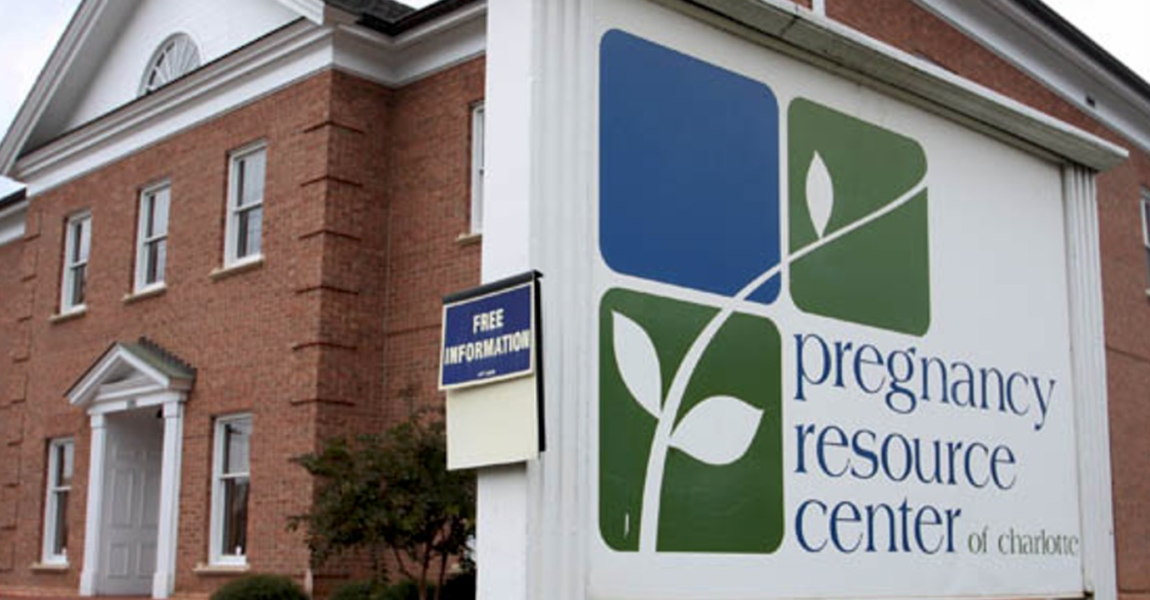
This week’s segment of Cline on the Constitution continues the review of major cases decided by the Supreme Court in the last term.
The court issued opinions on two cases involving Freedom of Speech and Association.
In one case the Court affirmed an important principle regarding Free Speech. In the other they punted.
As to the first case, California’s steady drift toward becoming a complete “Nanny State” resulted in a law directly targeting, appropriately enough, anti-abortion pregnancy Centers.
In National Institute etc. v Becerra, operators of Pro-Life clinics challenged a State Law requiring that they post information on how to get no cost state funded abortions. The law compelled these clinics to speak against, indeed advertise, the very thing they abhor. It is rather Kafkaesque to, by force of law, require people to advertise for a state funded procedure that is anathema to their core beliefs on religion, health and morality.
And that is aside from the fact we were given yet another law, which assumes a free people, are inept and incompetent. In a state like California where obtaining an abortion is literally free on demand, and the State puts out endless reams of materials about to how and where to get an abortion, the “ninny nannies” in the legislature and Governor’s mansion harbor the inchoate suspicion that a woman who wants one might not be able to figure it out how to get one.
The second case is the infamous “Masterpiece Cakeshop” case which presented the issue whether the Court would be willing to uphold a governmental decision that someone’s religious beliefs and practices must be cast aside in service to an ever-increasing alphabet of offended persons who can’t be expected to walk across the street to another merchant to buy a damn wedding cake. The case centers on the intersection of both Freedom of Religion and Freedom of Speech. I will have more to say about this case next week.
Now, back to the California abortion advertiser case. In an attempt to uphold the law the Ninth Circuit Court of Appeals, those legendary masters of legal legerdemain, attempted to invent a new category of speech. They called it “professional speech.” This new category would give federal courts the means to ignore the usual requirements that “content based” laws that target speech based upon content have to pass strict scrutiny tests. It would mean government would be free to regulate such speech as they see fit, ban the speech or, like in this case, even require it.
The Supreme Court rightly told them there was no such thing as “Professional Speech” and ruled they couldn’t do that.
Justice Clarence Thomas wrote the majority opinion, but it was Justice Kennedy who succinctly stated the trenchant issue.
“This law is a paradigmatic example of the serious threat presented when government seeks to impose its own message in the place of individual speech, thought, and expression.”
“For here the State requires primarily pro-life pregnancy centers to promote the State’s own preferred message advertising abortions.”
“This compels individuals to contradict their most deeply held beliefs, grounded in basic philosophical, ethical, or religious precepts . . . “
The minority opinion written by Justice Stephen Breyer worried that the majority’s opinion might lead to challenges of “informed consent” rules and regulations. For example, by endangering laws requiring medical professionals to give enough information that the person consenting to a procedure is doing so with full knowledge of the risks and benefits. That, however, is more of a civil liability avoidance procedure than a constitutional principle.
The basic Free Speech principle is that if government cannot restrict a person’s freedom of speech, can they require a people to say something they disagree with simply because the government has decided it might be necessary to protect someone it assumes lacks the intelligence or responsibility to get out and get what they want themselves.
The opinion rightly points out that if government determines that a message needs to get to out and they have a rational basis for doing so, then, they have a number of way of disseminating the information, including advertising, themselves. What they can’t do, is required others to communicate that message for them.
Lastly, one can be supportive of the landmark Casey case that recognizes a woman’s right to choose to a terminate a pregnancy under certain circumstances without the government unfairly burdening that choice yet be concerned when the government passes laws as it did here. When it becomes so involved in advocacy of a position that it violates constitutional principles put in place to protect one’s freedom to follow sincerely held beliefs, government has gone where they may not go.
For other writings and articles by Phil Cline, visit philcline.com